
A member of the Va ethnic group performs a wooden drum dance in Cangyuan Va autonomous county in Yunnan. (Photo/China Daily)
"Paying respect to elders, preparing delicacies, offering sacrifices and performing dances and songs are all important rituals for the New Year's celebrations of various ethnic groups," Zhong said.
In Yunnan province, the Va people kick off their celebration on the 30th day of the 12th lunar month, their most joyous day of the year.Leading up to the event, every Va household begins making rice wine from locally grown red rice at least a month ahead of time.
The year's final day is a busy one: Residents prepare food, soak glutinous rice, slaughter pigs and kill chickens. The elders interpret chicken omens by observing the part of the bird's thigh that is connected to its body. This tells them whether the household will have good fortune and abundance in the coming year.
The jubilant festivities go on and on. The village's elders ignite bonfires while reciting blessings and prayers for the community, hoping for a year of favorable weather and a happy and healthy life for all. People of all ages in the village play drums and gongs to accompany songs and dances. The revelry often extends late into the night.
Yang Fuquan, a researcher at the Yunnan Academy of Social Sciences, said Spring Festival is not just for the Han people.
"Many ethnic minorities also celebrate it, each with their unique customs," he said. "Virtually all of the 56 ethnic groups in China now celebrate Spring Festival, but many have also integrated their own cultural elements, further enriching the cultural connotations of the festival."
Zhong, the professor, said that at some level Spring Festival serves as "a stage for the display of various ethnic cultures".
"For example, people from different ethnic groups wear traditional costumes, conduct their ethnic ceremonies and perform dances and songs in different styles," he said. "It is a form of social unity in the context of ethnic diversity."








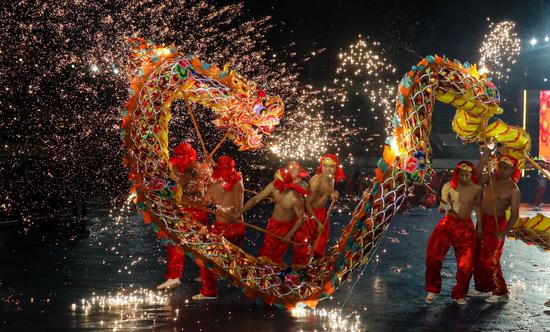

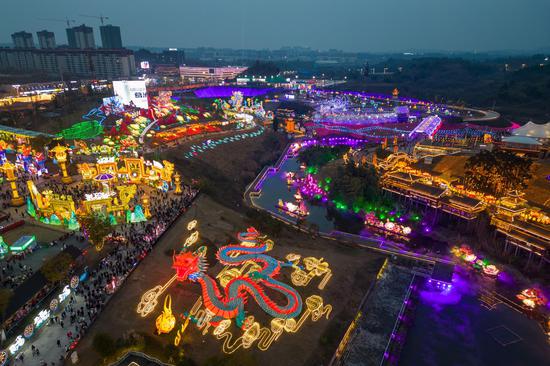
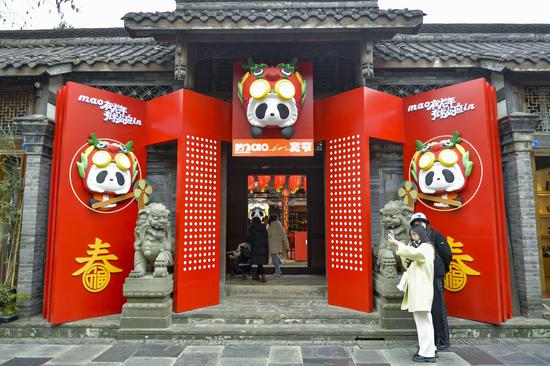
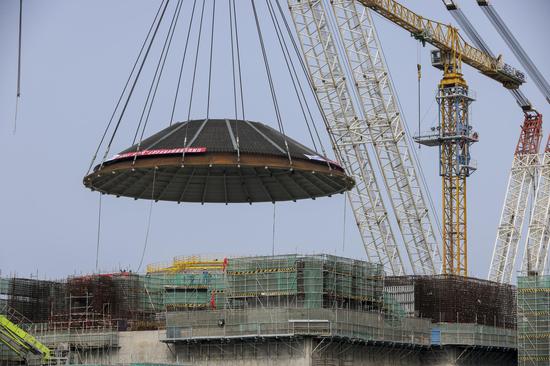
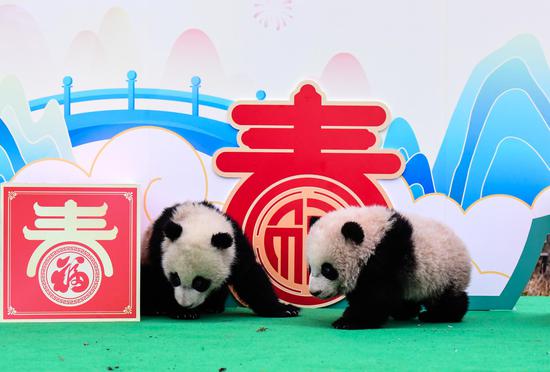
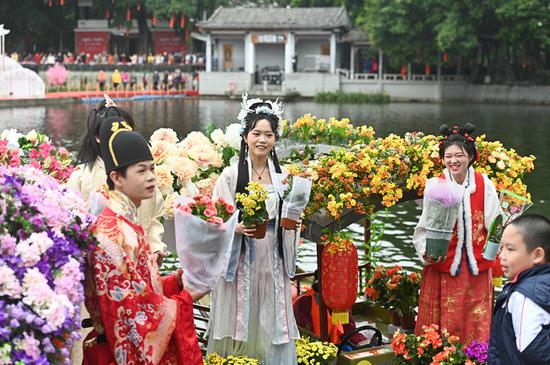
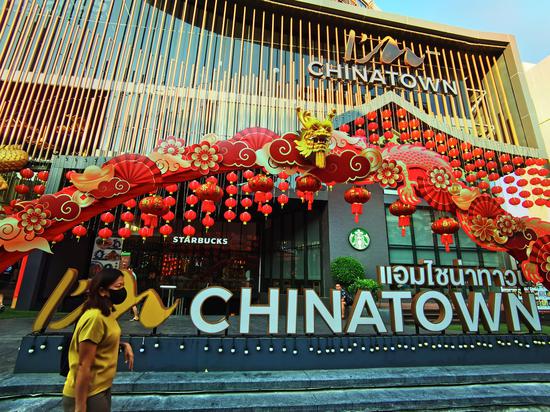
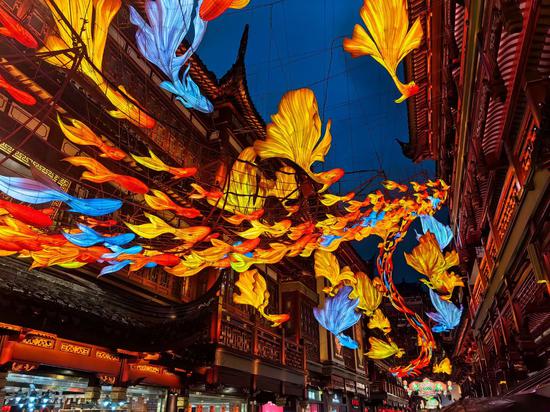
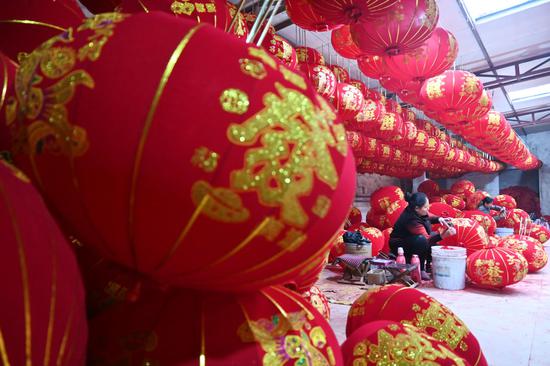
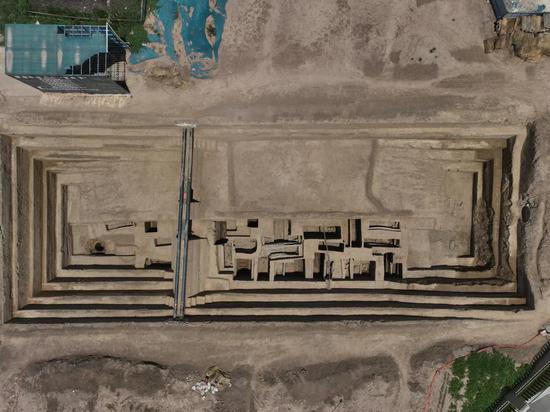
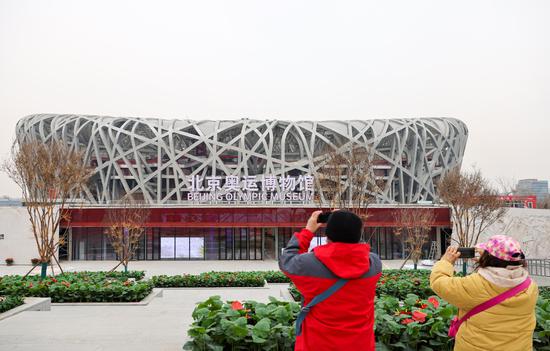

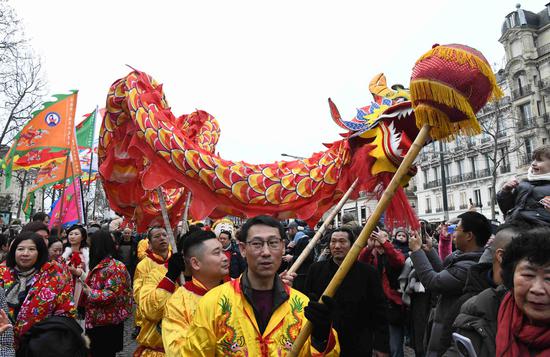
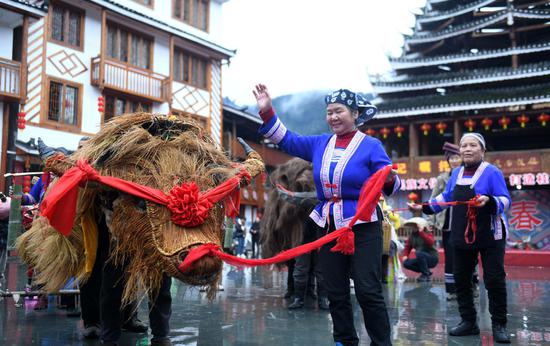

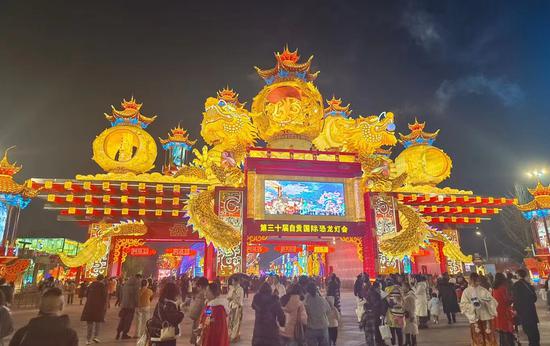

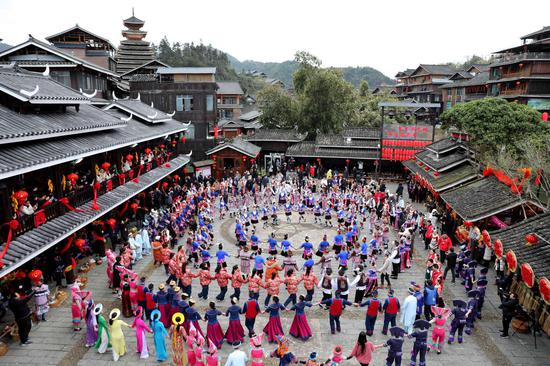
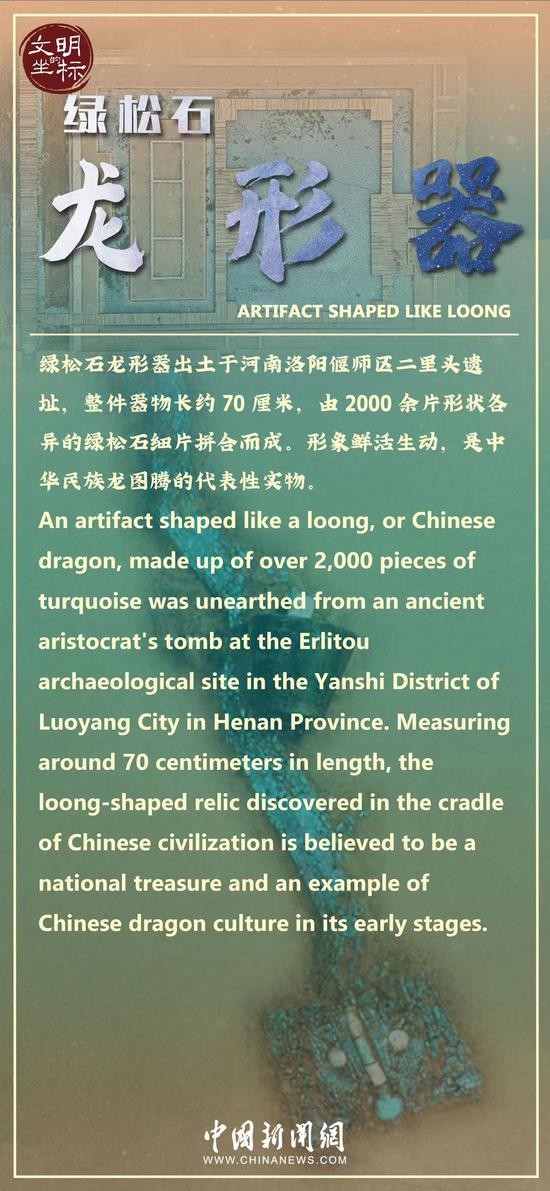
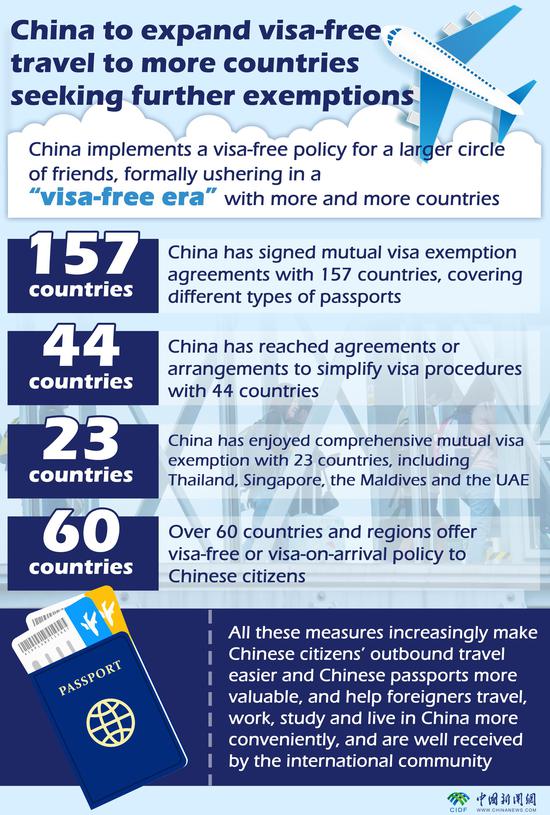
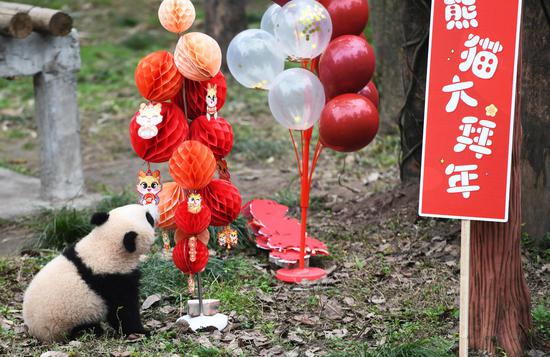
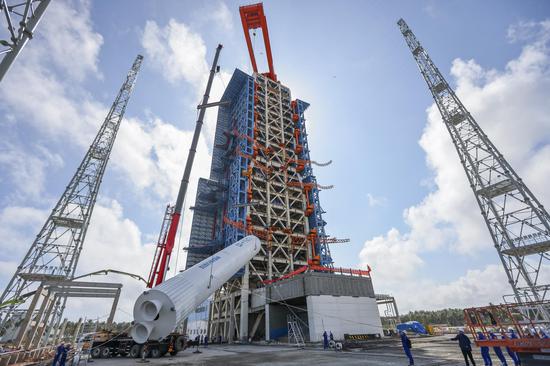
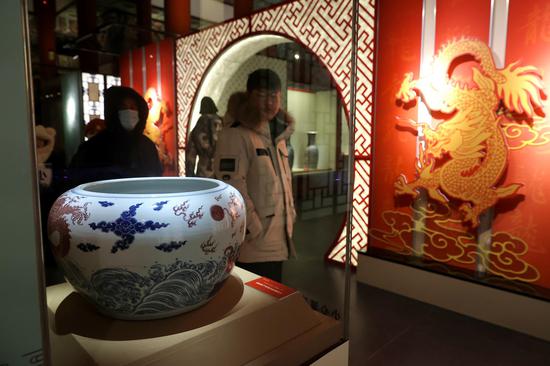

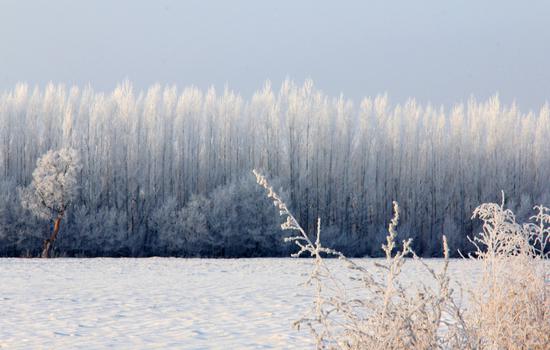
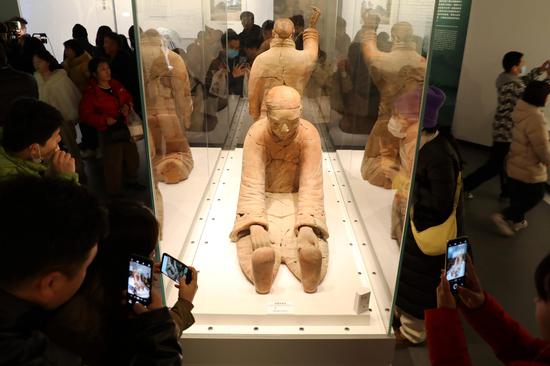
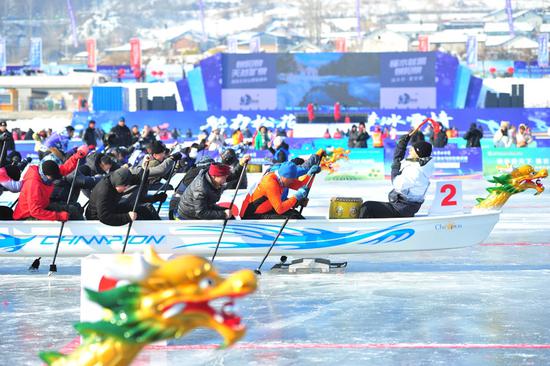
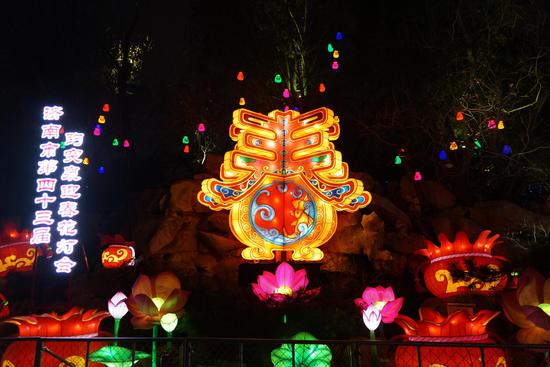
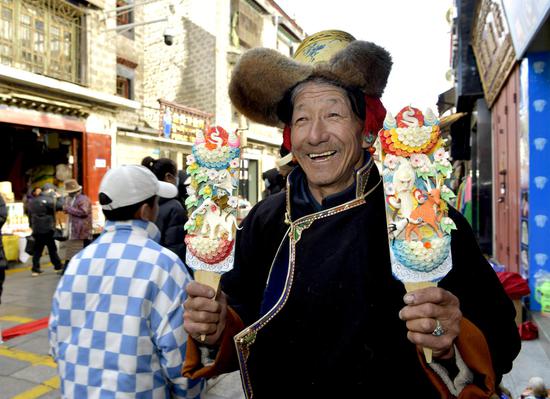
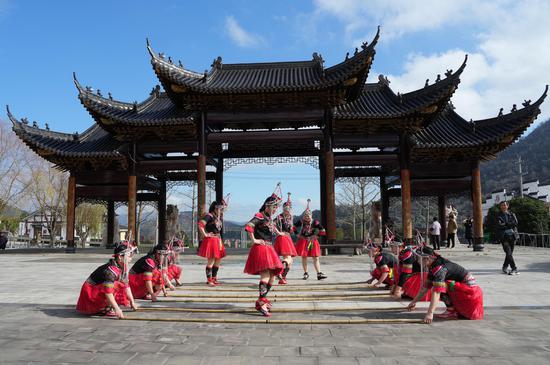
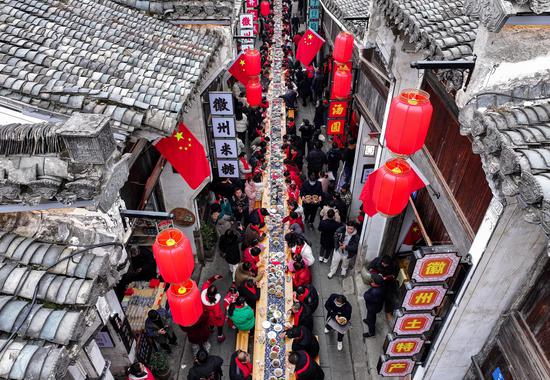


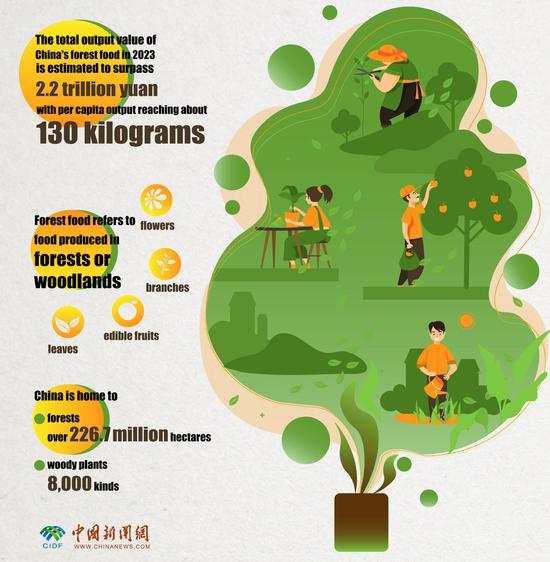
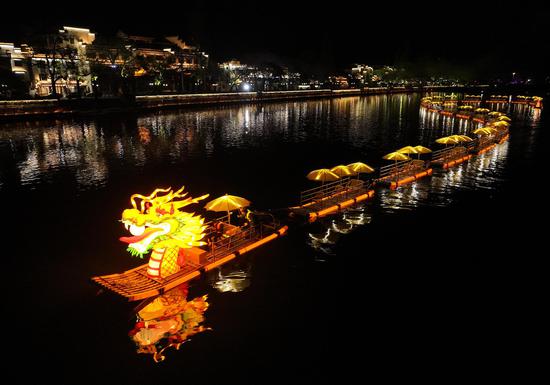
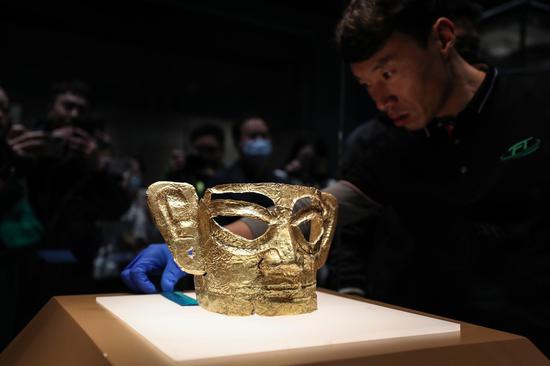





 京公网安备 11010202009201号
京公网安备 11010202009201号
